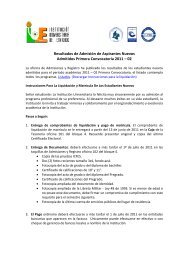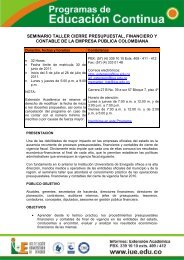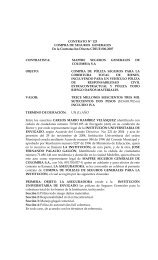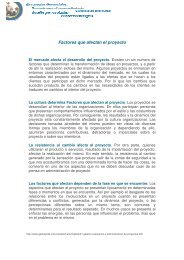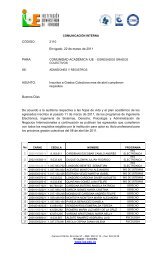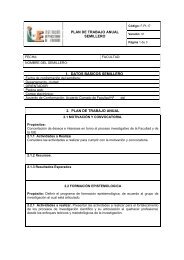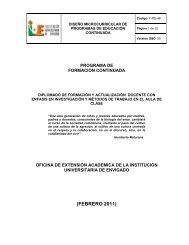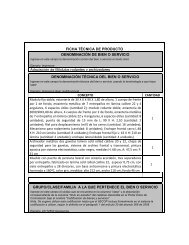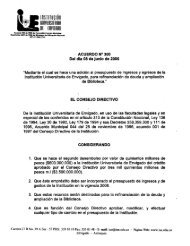Edición N° 11 - Institución Universitaria de Envigado
Edición N° 11 - Institución Universitaria de Envigado
Edición N° 11 - Institución Universitaria de Envigado
You also want an ePaper? Increase the reach of your titles
YUMPU automatically turns print PDFs into web optimized ePapers that Google loves.
<strong>11</strong>8<br />
Olena Klimenko<br />
Abstract<br />
Contemporary society crossed by the needs of the global market, where reigns the<br />
imperative of consumption, supported by the i<strong>de</strong>al of personal success at the expense of<br />
social inequality. It can be seen the existential crisis experienced by many people that can’t<br />
be filled with material objects. The historical-cultural approach offers important insights<br />
to the processes of configuration of individual and social subjectivity. The dialectic<br />
conception of human subjectivity allows un<strong>de</strong>rstanding that the process of building of the<br />
individual subjectivity represents a complex process of a dialectical relationship between<br />
the individuals and their social life situation. From this position, the promotion of social<br />
practices where the people can exercise the reflexivity and awareness about the social<br />
meanings, allow to psychology to contribute to finding a better way for the configuration<br />
of processes of social and individual subjectivity in contemporary society.<br />
Key words: individual and social subjectivity, cultural-historical approach, personal<br />
meaning, social psychology.<br />
Los modos materiales <strong>de</strong> existencia se trasforman en i<strong>de</strong>as en el<br />
cerebro <strong>de</strong> los hombres.<br />
Katharsis<br />
Karl Marx<br />
La condición <strong>de</strong>l sujeto individual es <strong>de</strong>finible sólo <strong>de</strong>ntro <strong>de</strong>l tejido<br />
social en que el hombre vive.<br />
Fernando Gonzales Rey<br />
1. Algunos conceptos <strong>de</strong>l enfoque histórico-cultural<br />
El enfoque teórico que ha recibido el nombre <strong>de</strong> histórico-cultural<br />
surgió en una época y un ambiente social muy particular y controversial.<br />
Fue un período que, a pesar <strong>de</strong> las dificulta<strong>de</strong>s económicas y excesos<br />
políticos, estaba impregnado <strong>de</strong> un espíritu <strong>de</strong> construcción colectivo<br />
<strong>de</strong> una sociedad que anhelaba alcanzar mejores condiciones <strong>de</strong> vida<br />
para todos.<br />
Este enfoque refleja la manera particular <strong>de</strong> concebir al ser humano<br />
característico para esta época y, a pesar <strong>de</strong> casi un siglo que nos<br />
separa <strong>de</strong>s<strong>de</strong> su concepción, sigue llamando la atención <strong>de</strong> psicólogos,





